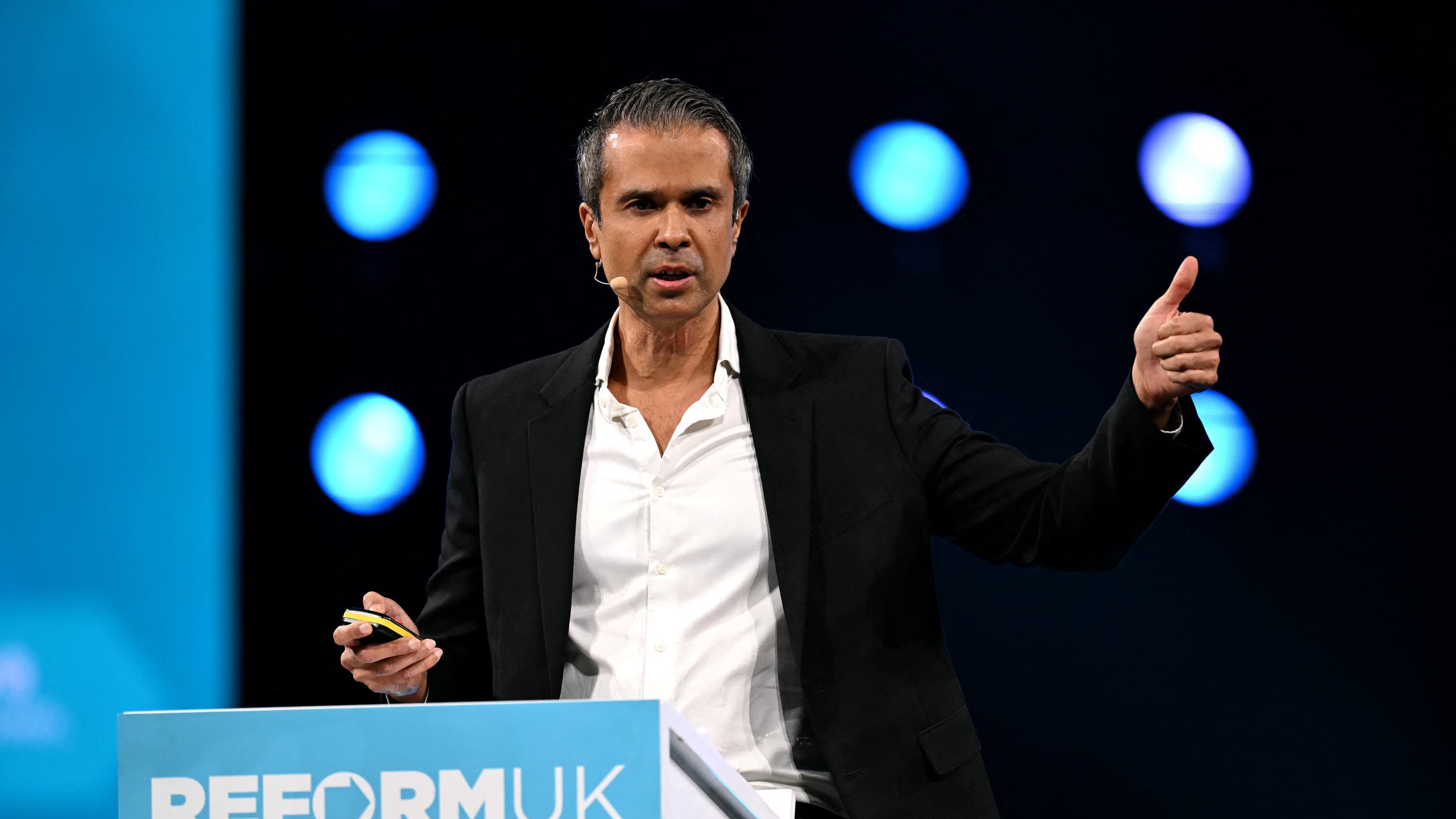Regulatory Bodies Affirm mRNA Vaccine Safety Amidst DNA Fragment Claims

Concerns regarding the presence of DNA fragments in Pfizer and Moderna mRNA COVID-19 vaccines, including claims of levels significantly exceeding regulatory limits and potential oncogenic effects, have been raised by cardiologist Dr. Aseem Malhotra. In a recent tweet, Dr. Malhotra stated, "New data reveals Pfizer & Moderna shots had DNA fragments up 600 times above FDA/WHO limit including ONCOGENIC potential," further asserting, "These findings demand immediate market withdrawal of the contaminated mRNA injections" and calling for a public inquiry.
Official statements from the U.S. Food and Drug Administration (FDA) and the World Health Organization (WHO) directly address these assertions, reassuring the public about vaccine safety. Both agencies acknowledge that minute amounts of residual DNA from the manufacturing process may be present in mRNA vaccines, a common occurrence in biological product production. However, they consistently state that the levels found are well below the established safety limit of 10 nanograms per dose.
The discrepancy in reported DNA fragment levels often stems from the testing methodologies employed. The FDA and WHO highlight that concerns about higher concentrations frequently arise from the use of non-validated or inappropriate testing methods, such as certain fluorometric assays. These methods can produce inaccurate results by detecting both RNA and DNA, leading to overestimations. Regulatory bodies rely on validated, specific methods like quantitative Polymerase Chain Reaction (qPCR) for accurate assessment.
Regarding the risk of DNA integration into the human genome or oncogenic potential, both the FDA and WHO maintain there is no scientific evidence to support these claims. They explain that mRNA vaccines deliver their genetic material to the cell's cytoplasm, not the nucleus where human DNA resides. Furthermore, human cells possess robust natural mechanisms to degrade foreign DNA, and the fragments present are considered too small and lack the necessary elements to cause cancer or integrate into the genome.
Dr. Aseem Malhotra, a British cardiologist, has become a prominent critic of COVID-19 mRNA vaccines following his father's death, which he attributes to vaccine-related complications. His views have been widely disputed by leading medical organizations and experts, who cite a lack of scientific evidence to substantiate his assertions. The General Medical Council (GMC) has initiated an investigation into Dr. Malhotra's conduct regarding his vaccine claims.
Regulatory agencies emphasize that the established benefits of COVID-19 vaccination, including the prevention of severe illness, hospitalization, and death, significantly outweigh any theoretical risks associated with residual DNA. They continue to rigorously evaluate and monitor vaccine safety and effectiveness.